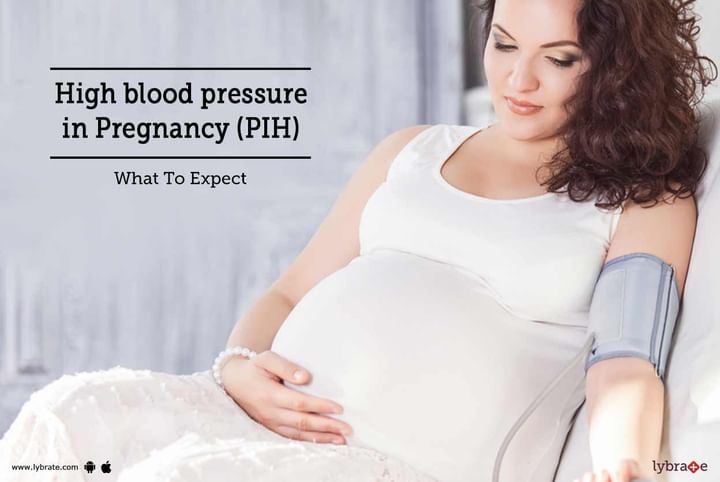Get the App
For Doctors
Login/Sign-up
Last Updated: Jan 10, 2023
BookMark
Report
High blood pressure in Pregnancy (PIH) - What To Expect
Pregnancy and high blood pressure isn’t as deadly a combination as feared by many. A blood pressure that is equal to or more than 140/90 mm of Hg is considered to be high and abnormal. While hypertension requires close monitoring, here is what every pregnant woman must know about this condition.
What are the different types of high blood pressure that can occur during pregnancy?
- Gestational hypertension: Women suffering from this condition typically suffer from high blood pressure after the 20th week of pregnancy. While in most of the cases, no protein or signs of organ damage are detected, many women might develop a condition known as the preeclampsia.
- Chronic hypertension: This is a condition that occurs at least 20 weeks before the pregnancy. This is a little hard to detect since there are no symptoms attached to this condition.
- Chronic hypertension and superimposed preeclampsia: This is a condition that is often seen in women with chronic hypertension. It typically befalls before the pregnancy and is characterized by high protein in the urine. Typically, a pregnancy of this type has delivery-related complications.
- Preeclampsia: This condition occurs 20 weeks after the pregnancy. It is often associated with complications involving other organs such as liver, kidneys, brain, and blood. If this goes untreated, it can prove fatal for the mother and the unborn baby.
Why is high blood pressure an unwanted problem?
- Reduced blood flow to the placenta: If the placenta doesn’t receive adequate blood, the baby receives less food and oxygen. It can lead to premature birth, slow growth, and low birth weight. Premature birth can lead to infection of the baby and breathing problems.
- Placental abruption: This is a condition where the placenta gets separated from the inner lining of the uterus before the delivery happens. Abruption can cause heavy bleeding leading to life-threatening condition both for the mother and the baby.
- Injury to other organs: If the hypertension is not tackled well, it may lead to injury of the lungs, heart, liver, kidney and many other organs. In many cases, it could prove to be life-threatening as well.
- Premature delivery: In case of high blood pressure, a doctor might take a call for an early delivery to avoid the risk of unnecessary complications.
What are the signs and symptoms to develop this condition?
- Pain in the kidney or excessive protein in the urine.
- Vomiting and nausea.
- Problems in vision including but not related to blurred vision, temporary loss of vision and light sensitivity.
- Limited liver function.
- Fluid accumulation in the lungs resulting in shortness of breath.
- Frequent and long stretches of headaches.
- Pain in the upper abdomen especially on the right side, under the rib.



+1.svg)
